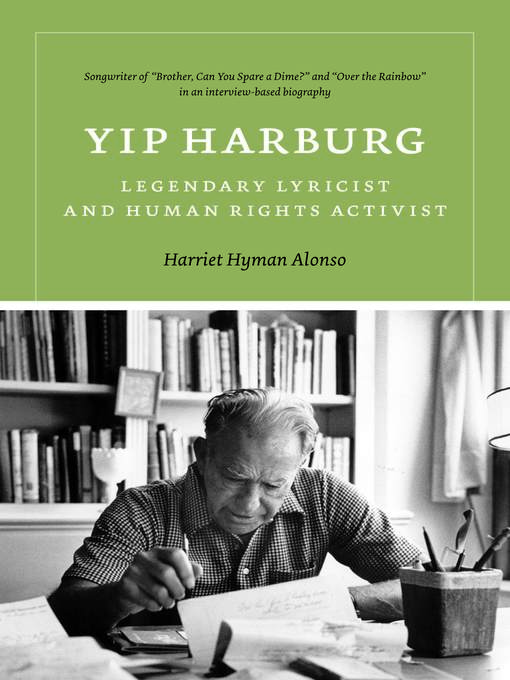- Available now
- Series Starters
- New eBook additions
- New kids and teen additions
- Most popular
- Professional Development for Librarians
- See all
- Available now
- New audiobook additions
- Scary Sounds
- Read by a Celebrity
- Science Fiction, Fantasy, & Everything Magical!
- About You and Me
- Audiobooks for your Commute
- New kids and teen additions
- Most popular
- Try something different
- See all
- Popular Magazines
- Just Added
- Cooking & Food
- Home & Garden
- Fashion
- Health & Fitness
- Celebrity
- News & Politics
- Business & Finance
- Hobbies & Crafts
- Travel & Outdoor
- Popular Magazines
- See all


